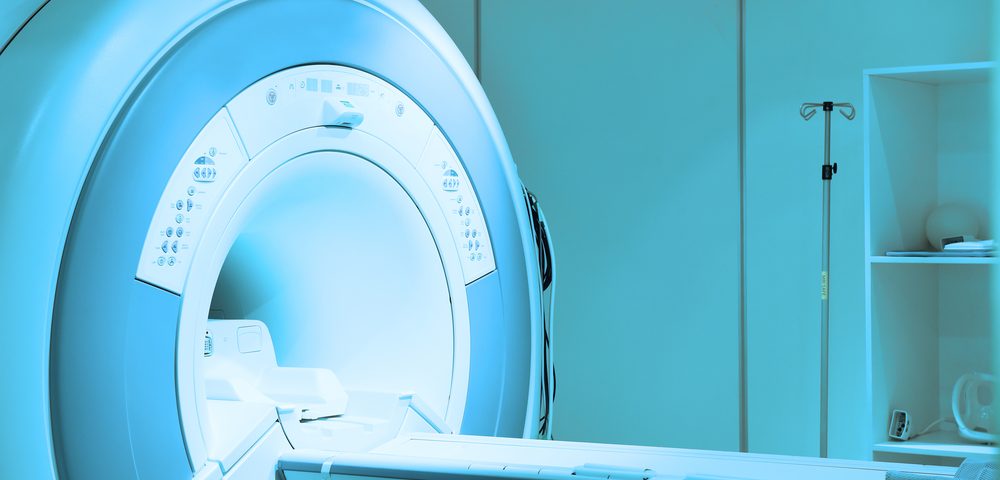A new strategy for delivering a higher dose of radiotherapy with increased precision to breast tumors — while sparing healthy tissue — has been awarded more than $1.8 million from the National Institutes of Health.
The strategy, called Precision Breast Intraoperative Radiation Therapy (IORT), couples brachytherapy (an advanced cancer treatment that relies on the placement of radioactive seeds or sources near tumor sites) with high-powered imaging to more efficiently direct radiation into the tumor.
As a result, the tumor receives the double the radiation used in conventional IORT, while sparing heart, lungs and other organs, rendering it more effective and with fewer adverse outcomes.
The new strategy is co-developed by radiation oncologist Timothy Showalter, MD, and his wife, breast cancer surgeon Shayna L. Showalter, MD, at the University of Virginia (UVA) Cancer Center.
“Our team at UVA is pioneering the use of advanced, image-guided brachytherapy for breast IORT,” Shayna Showalter, said in a press release. “We have been working on this new method since 2014.”
“The Precision Breast IORT program leverages UVA’s unique CT-on-rails brachytherapy suite to address the technical limitations of other IORT techniques,” said Tim Showalter, co-principal investigator. “This work represents a unique collaboration between surgery and radiation oncology, with important support from the Health System.”
Traditionally, patients who receive breast cancer surgery require daily sessions of radiotherapy for four to six weeks. Precision Breast IORT is given in a single dose, delivered at the time of breast-preserving surgery.
In a previous Phase 1 trial (NCT01988870) researchers established the therapy’s safety and feasibility. Now, they are conducting a Phase 2 trial (NCT02400658) to assess the treatment’s effectiveness at reducing the five-year breast cancer recurrence rates compared to conventional IORT.
Secondary measures include the proportion of patients with recurrence in the same breast or in distant regions, overall survival and cancer-specific survival rates, changes in cosmetic appearance, changes in quality of life, and safety.
The trial, conducted at the UVA and Thomas Jefferson University Hospital, Philadelphia, is still recruiting participants.
Additionally, researchers will use the five-year grant to evaluate whether Precision Breast IORT has fewer effects on the immune system compared to conventional radiotherapy (irradiation of the whole breast is linked with a decrease in the number of immune cells). Another objective is to evaluate the therapy’s cost-effectiveness, among other parameters.
“Our research will address fundamental questions about the impact of radiation therapy on the immune system for cancer patients,” said Tim Showalter. “We will also provide evidence needed to understand how Precision Breast IORT compares to other radiation options, an important foundation for disseminating our findings.”
“The clinical trial of Precision Breast-IORT has been very well received in the region, with rapid patient enrollment, and the entire team is to thank for that,” said Shayna Showalter. “It is so rewarding to be able to advance the field through such a patient-centered research program.”

